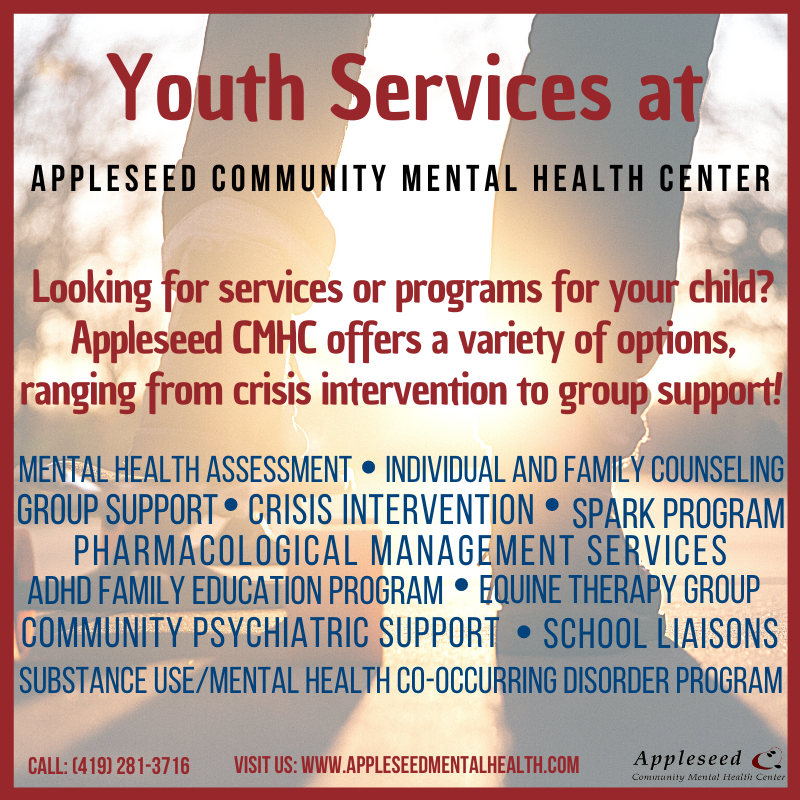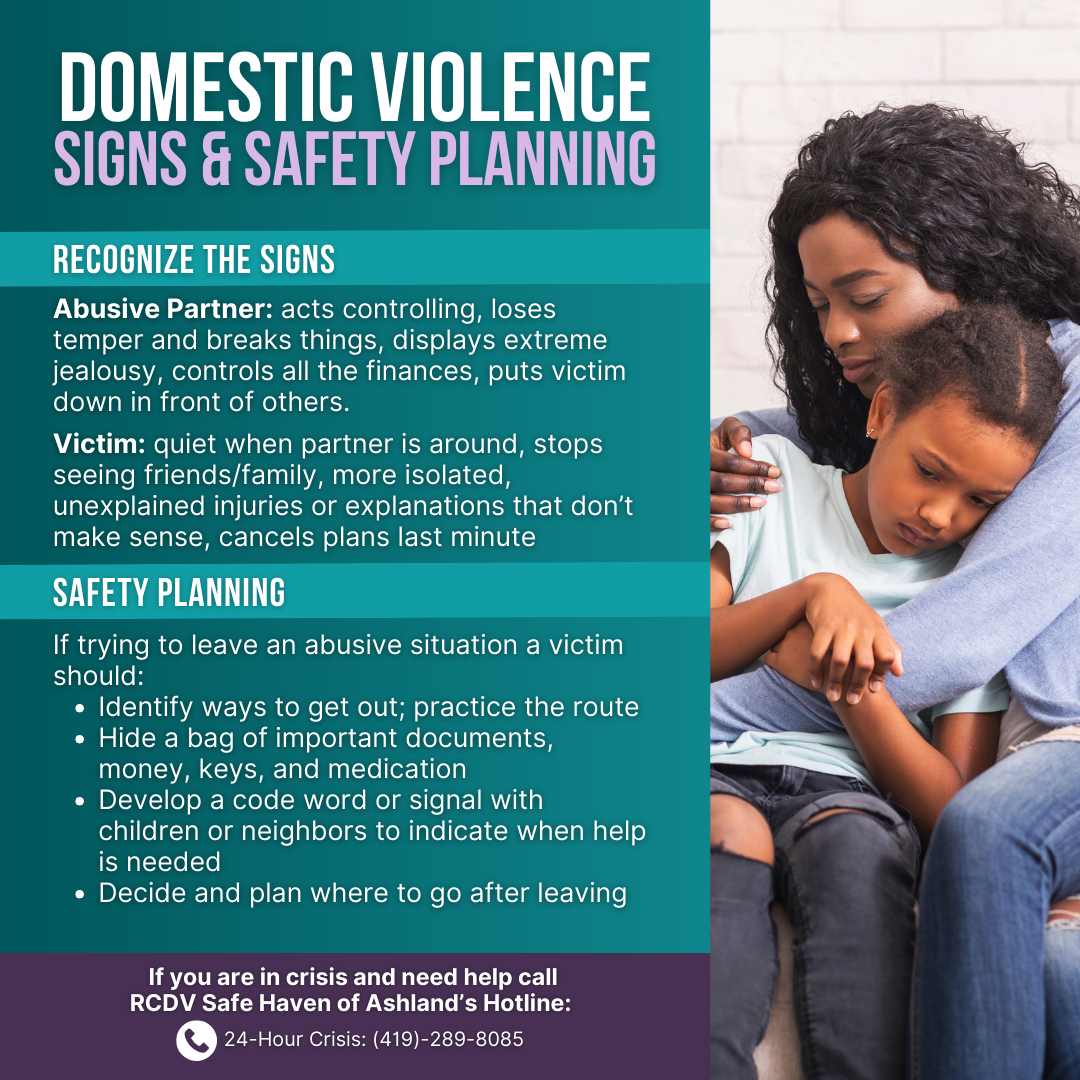Youth Mental Health Services
How Youth Counseling Works
Breaking rules at home, feeling depressed, acting out at school—these are all signs that children or adolescents may need mental health services. In America, four million youth suffer from a mental disorder that significantly impairs functioning at school, at home and with peers. But research shows that therapy works. Appleseed's Theoretical Framework for Treatment emphasizes recovery while actively avoiding re-traumatization, promotes change by drawing out the client's own meaning, and views treatment through the lens of the systems that impact a client's day-to day-function is critical to fully implementing excellent and holistic care. These are some of the services involved in the process:
Crisis Intervention: This service offers 24 hour response to emergency situations either by phone or depending on the level of intensity, in person
Mental Health Assessment: This service involves a Clinical evaluation provided by a licensed mental health professional in which the necessary information is gathered to define youth or family’s concerns and help set goals for treatment. Functioning level, and strengths
Individual and Family Counseling: This service focuses on interactive therapeutic interventions which focus on the treatment needs of the individual and/or family seeking mental health services
Group Counseling: Group counseling is an interactive therapeutic intervention which focus on the treatment needs of the individual seeking mental health services in a group setting
Pharmacological Management Services: This service is provided by a physician trained in psychiatry to use medications and other intervention used to reduce, stabilize or eliminate psychiatric symptoms.
Community Psychiatric Support (Individual and Group): This service is actually an array of services and activities that provide treatment, support and rehabilitation. The emphasis of this service is on nine specific treatment interventions: Assessment of needs, Skill development, linking, symptom monitoring, assistance in crisis management, advocacy, family education, elimination of barriers preventing independent functioning and social integration.
Keeping Families Strong: Program funded by the United Way of Ashland County and Mohican Area Community Fund that allows Appleseed to provide services to needy families
School/Community Liaisons: Collaborative project among the MHRB, Appleseed, and the Schools. Liaisons are a tremendous benefit to the communities we serve. Liaisons are well accepted in the schools and are providing an “identified” needed service. This service is funded by Ashland County Mental Health Levy funds.
ADHD Coordinated Treatment: A program to train parents on child development, promote healthy family communication and interactions, social reinforcement, and trouble shooting while concurrently teaching children by reinforcing social skills, communication, and goal setting.








